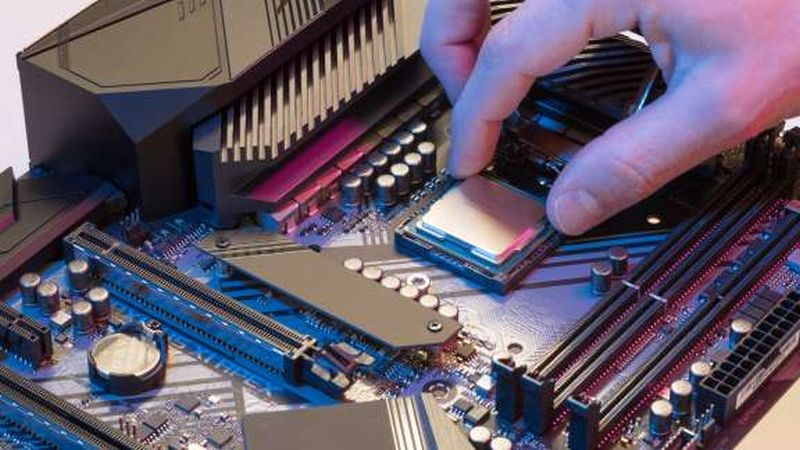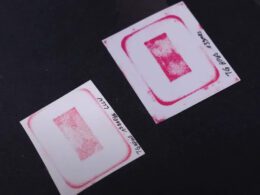Intel, a global leader in the processor market, is facing patent infringement claims from the California-based R2 Semiconductor, which recently won a court case in Germany. As a result, sales of certain Intel processors are temporarily halted in Germany.
The injunction applies not only to Intel processors but also to HP and Dell computers incorporating these chips, according to Financial Times. R2 Semiconductor alleges that Intel is unlawfully using its patented voltage regulators built into the processor. In December, a German court validated R2 Semiconductor’s claim to one of the disputed technologies. However, Intel won a similar patent lawsuit in the United States, and the verdict is still pending in a British court. The German judiciary ruled that Intel should not attempt to patent the controversial technology in its jurisdiction.
The German court’s decision affects Intel’s Ice Lake, Tiger Lake, Alder Lake processors, and Ice-Lake SP generation Xeon server processors. Intel-affiliated sources indicated that the verdict’s impact was mitigated as some of the cited processors had been discontinued, and new processors, like Raptor Lake and Raptor Lake Refresh, are not implicated in this patent dispute. Intel labelled R2 Semiconductor a “serial extortionist of money from truly innovative companies” in its official statement and managed to invalidate R2 Semiconductor’s patent in a US court. Therefore, R2 Semiconductor has shifted its attention to European courts. Essentially, Intel views its adversary as a “patent troll” involved in no real activity other than litigation.
R2 Semiconductor representatives revealed that they were in talks with Intel regarding potential investments in 2015 but claimed that Intel unexpectedly lost interest. Intel is the only company R2 Semiconductor has pursued for patent infringement. The court has ordered Intel to provide sales statistics of the disputed processors sold in Germany from March 2020 onwards. This data will be utilized to quantify the financial damage. Intel is planning to challenge the court’s decision.




